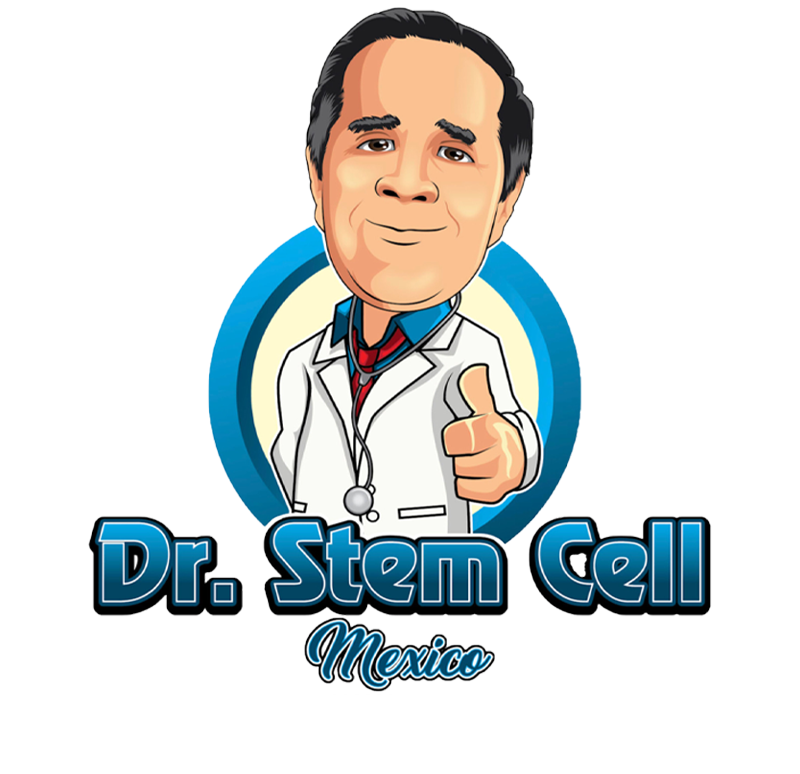Stem cell therapy is a non-invasive treatment that aims to replace damaged cells within the body. Mesenchymal stem cell therapy can be deployed systemically via IV or injected locally to target specific sites, depending on patient needs.
What is stem cell therapy?
Stem cell therapy is a form of regenerative medicine designed to repair damaged cells within the body by reducing inflammation and modulating the immune system. This phenomenon makes stem cell therapy a viable treatment option for a variety of medical conditions. Stem cell therapies have been used to treat autoimmune, inflammatory, neurological, orthopedic conditions and traumatic injuries with studies conducted on use for Crohn’s disease, Multiple Sclerosis, Lupus, COPD, Parkinson’s, ALS, Stroke recovery and more.
While stem cell therapy does not necessarily provide a cure for these conditions, the premise is to allow the body to heal itself well enough to mitigate the symptoms of the conditions for long periods. In many cases, this effect can substantially increase the quality of life for patients as well as delay disease progression.
Where do stem cells come from?
Stem cells can be obtained from many different sources. These include adipose (fat tissue), umbilical cord tissue, placental tissue, umbilical cord blood, or bone marrow.
How are stem cells administered?
Stem cells can be administered in a variety of fashions; IV Stem Cell Therapy (Intravenous administration), Intrathecal (directly into the spinal canal), Site injections into problem areas (Knee, hips, hands, etc.)
How does stem cell therapy work?
Mesenchymal stem cells utilize their self-renewal, immunomodulatory, anti-inflammatory, signaling, and differentiation properties to influence positive change within the body. Mesenchymal stem cells (MSCs) also have the capacity to self-renew by dividing and developing into multiple specialized cell types present in a specific tissue or organ. Mesenchymal stem cells are adult stem cells, meaning they present no ethical concerns, MSCs are not sourced from embryonic material.
Stem cells target inflammation
The therapeutic uses of stem cells as a potential therapy for a variety of diseases has been immensely explored, the number of clinical trials conducted with Mesenchymal Stem Cells has increased exponentially over the past few years. (4)
Stem cells have a unique, intrinsic property that attracts them to inflammation in the body. Studies have shown that stem cells can regenerate damaged or diseased tissues, reduce inflammation and modulate the immune system promoting better health and quality of life. Mesenchymal stem cells do this by influencing tissue repair via paracrine effects (cell signaling in order to change the behaviour of existing cells) or direct cell-to-cell contact.






